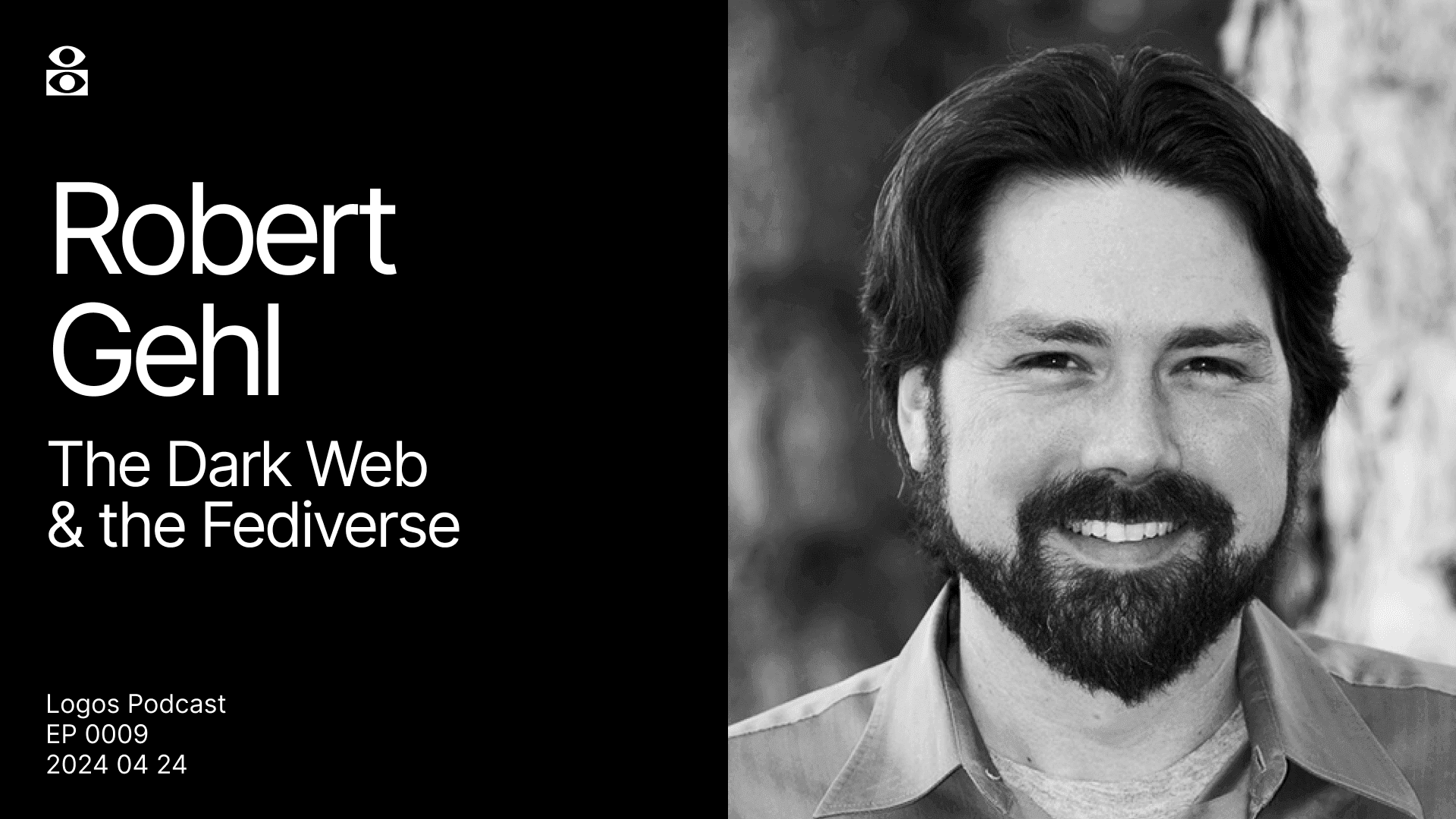

Robert Gehl: The Dark Web & the Fediverse
Robert Gehl and Jarrad Hope discussed the misconceptions and societal impacts of dark web technologies, emphasizing how they're often unfairly characterized by their negative uses, overshadowing their potential for positive, discreet communication and community building.
Gehl shares his exploration into alternative social media and encryption technologies' ethical implications, particularly focusing on anonymity's role in protecting users' identities and enabling free speech. Through their dialogue, they touch on the challenges of decentralization and the struggle against the centralization tendencies of large tech companies, highlighting the importance of maintaining small, interconnected communities over large, dominant networks.
The conversation also explores the idea of creating a cyber-state or virtual space that respects privacy and freedom, underscoring the necessity of encrypted communication as a fundamental right and safeguard against tyranny.
RESOURCES:
Jarrad Hope X - https://twitter.com/jarradhope_
Robert Gehl: https://www.robertwgehl.org/
Move Slowly and Building Bridges: Mastodon, the Fediverse, and the Struggle for Democratic Social Media: https://fossacademic.tech/2023/08/17/OxfordUP.html
Robert Gehl
The coverage has been. It's full of, you know black hat hackers, and it's full of drug dealers, it's full of child exploiters and so on. And the unfortunate, unfortunate side effect of that is that, you know, that's what people think it's for. And I think that that social construction of the dark web, as for these activities, is a very powerful force.
Jarrad Hope
Well, thanks for for joining me, Robert. I,
Robert Gehl
But.
Episode host - Jarrad Hope
Produced by - Christian Noguera
Edited by - Christian Noguera